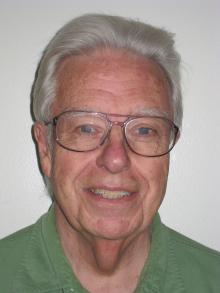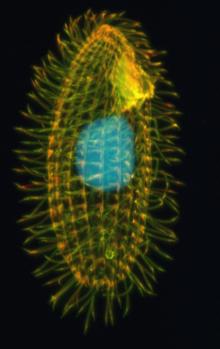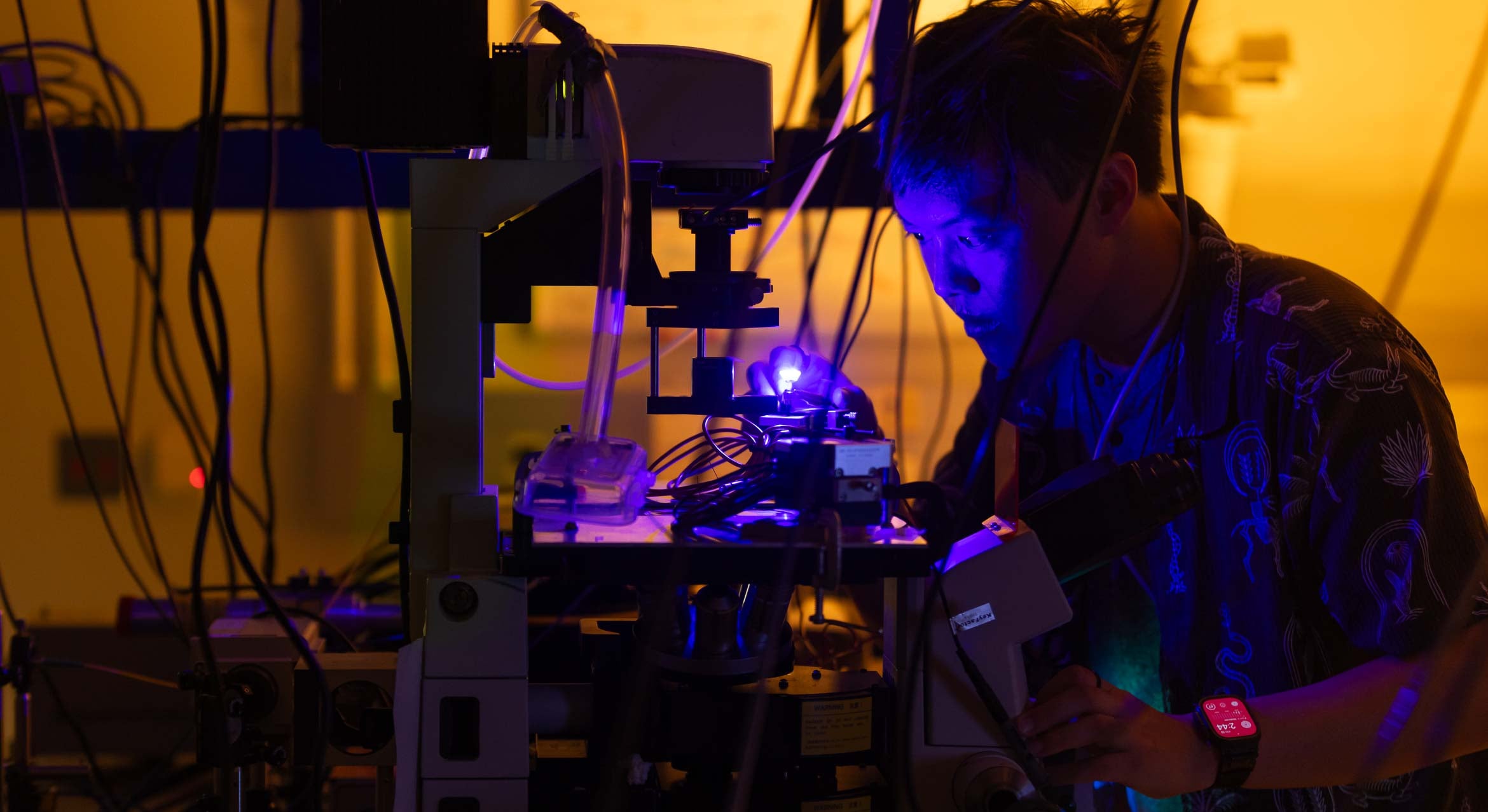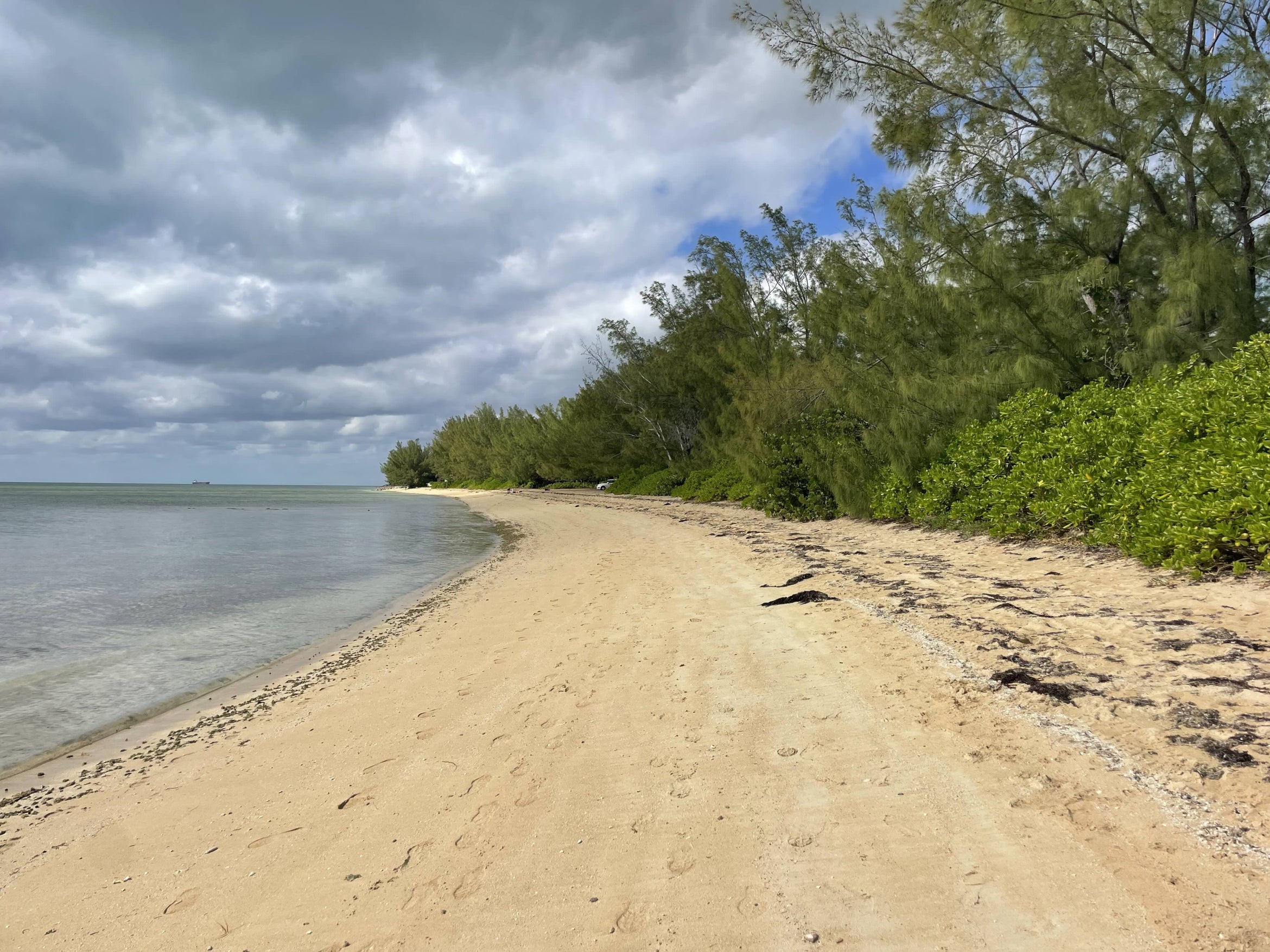

Research Professor (Emeritus) Eduardo Orias will be honored for his 50 years of service at UC Santa Barbara during an all-day research colloquium to be held by the Department of Molecular, Cellular & Developmental Biology on Thursday, Sept. 17.
After a keynote address by Orias at 3 p.m., Elizabeth Blackburn, longtime collaborator and one of the nation's most distinguished molecular biologists and the Morris Hertztein Professor of Biology and Physiology at UC San Francisco, will give a keynote talk at 4 p.m. Blackburn discovered the molecular nature of telomeres –– the ends of eukaryotic chromosomes that serve as protective caps essential for preserving the genetic information –– and the ribonucleoprotein enzyme, telomerase.
Orias joined the faculty at UCSB in July 1959 and taught genetics, his specialty. He became research professor emeritus in 1994, starting a "second career" in genomics. Orias has worked with the protozoan Tetrahymena for over 50 years, contributing new knowledge in its genetic, genomic, molecular, cellular, and developmental biology. His research has been continuously supported by extramural grants, mainly from the National Institutes of Health and the National Science Foundation. In 2003, he received the Emile Maupas Medal for contributions to our knowledge of ciliated protozoan genetics.
Tetrahymena is a single-celled organism that reproduces quickly, doubling in numbers every two hours, which makes it inexpensive and easy to study. In 2002-2003, Orias organized a successful project to sequence the Tetrahymena genome. Although this single-celled organism split off from an ancestor shared in common with humans about 2 billion years ago, the Tetrahymena genome sequence revealed thousands of genes still shared by this protozoan and humans. Many of them are known to cause hereditary disease when mutated in humans, making Tetrahymena an excellent model organism for biomedical research.
In addition to the many Ph.D. students who earned their degrees working in his lab, more than 100 UCSB undergraduates have done original research in his lab since Orias took retirement. In 2007, he received the UCSB Chancellor's Award for Excellence in Undergraduate Research Mentorship.



